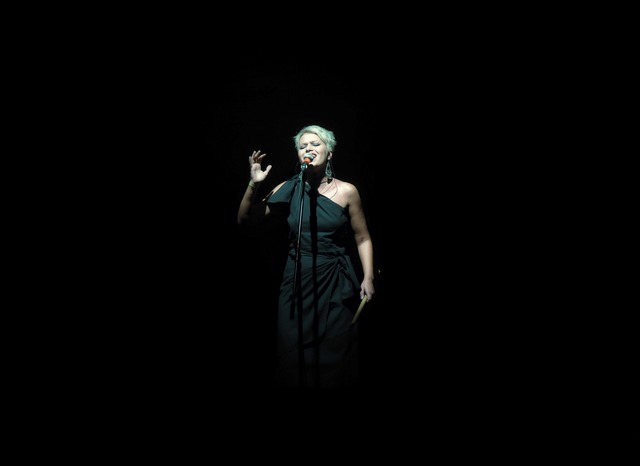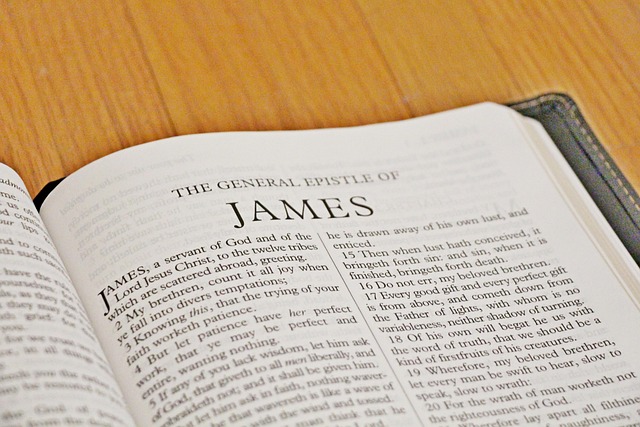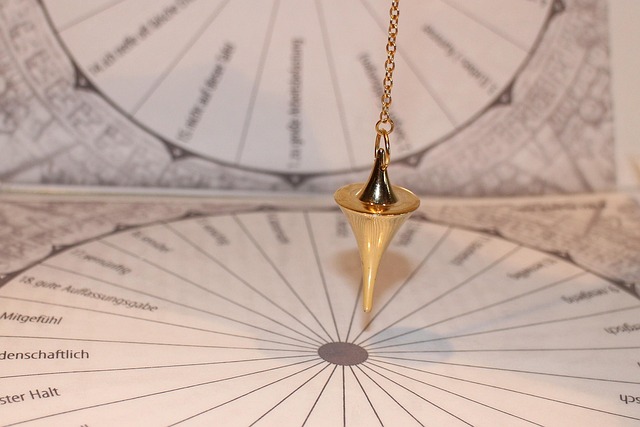Blues music has always had a profound connection to human emotion, intertwining personal stories with soulful melodies. At its heart, one of the most potent expressions in this genre is solo singing. This practice invites listeners into an intimate arena where raw feelings and experiences are laid bare, creating an atmosphere that resonates deeply with the soul.
When you think about a night filled with blues, imagine a dimly lit venue where the only spotlight shines on a solitary figure holding a microphone. The air is thick with anticipation as the audience leans in, ready to be enveloped by the powerful wave of sound that’s about to unfold. Each note sung is not just a musical phrase; it is a piece of vulnerability shared by the artist. In these moments, the distance between the performer and the audience dissolves, as everyone gathers around the universal themes of love, loss, and longing.
Musical genres often cater to various moods, but blues has a unique capacity to mirror life’s hardships and complexities through solo singing. Legends like B.B. King and Etta James showcased their unparalleled ability to communicate pain and joy, their voices filled with an authenticity that struck a chord with anyone fortunate enough to listen. These artists transformed their individual experiences into songs that became anthems for countless others, highlighting the healing power of music.
Moreover, the culture surrounding blues music is as rich as the notes themselves. Parties infused with blues music become communal gatherings where individuals from diverse backgrounds unite. The simplicity of a single voice accompanied by a guitar can ignite passionate dancing and heartfelt singing-alongs, proving that music transcends barriers. Blues celebrations not only honor the legacy of this genre but also foster a sense of belonging, where the collective energy of the audience creates unforgettable memories.
Festivals dedicated to blues often feature numerous solo singing performances, allowing emerging artists to share their voices and stories. Events such as the Chicago Blues Festival or the New Orleans Jazz & Heritage Festival celebrate not only the genre itself but also the resilience and innovation inherent in blues music culture. As people come together for these festivities, the shared experience cultivates a profound appreciation for the artists who bring their narratives to life through song.
Furthermore, solo singing in blues is not limited to just established stars; it has evolved over the years to include local talent, each with their unique flavor. Whether it’s an aspiring singer strumming a guitar in a small bar or a renowned artist commanding a festival stage, the presence of a single voice carries an undeniable magic. This simplicity often serves as a stark contrast to the more elaborate productions found in other musical genres, emphasizing the storytelling aspect that is central to the blues experience.
As we delve deeper into the soulful sound of solo singing, we find that it is not just about notes and rhythms but about connection. It invites us to reflect on our own lives, stirring memories and evoking feelings. The poignant strains of a blues song can take us back to a specific moment, a long-lost love, or a celebration with friends. In a world increasingly filled with noise, the clarity of a solitary voice stands as a reminder of the beauty that lies within the human experience.
Ultimately, solo singing in blues music culture is a powerful testament to the enduring nature of artistic expression. It brings people together, transforms personal narratives into collective experiences, and reaffirms the age-old truth that music, especially blues, is a window to the soul.




